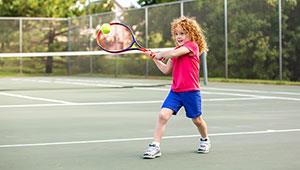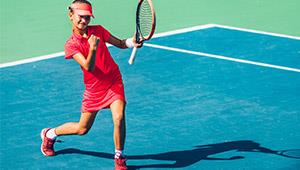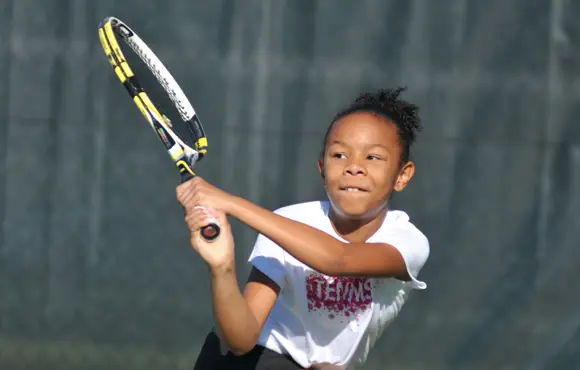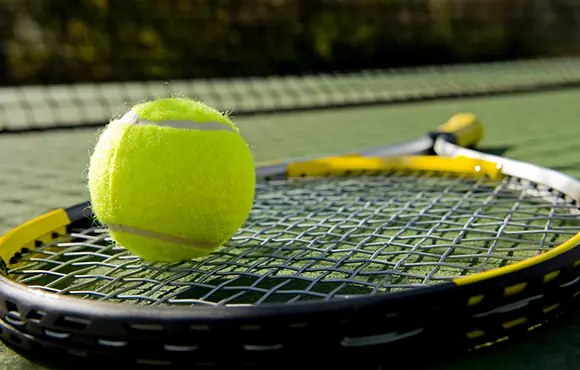Appearances notwithstanding, part of me is still rational, and I know better. I've been there myself, having played on the U.S. Davis Cup team, and, more to the point, having spent 17 years coaching the highly ranked Pepperdine University tennis team.
I am well aware of how emotions, fears, and pressure can turn a player's brain to jelly. As a player myself, I have done plenty of things on court that must have appeared nonsensical and self-defeating to anyone with half a brain on the sidelines.
But as my emotions alternately soar and plummet with the ebb and flow of Charlie's fortunes, I am struck with the realization that telling other people how to behave is a lot easier than controlling myself when my own kid is on the court.
The simple fact is that it's much easier to be reasonable about many things—and tennis is just one of them—when your own emotions are not involved.
That Sunday afternoon's war between my rational and emotional systems gave me new insight into how even the most well-educated, well-meaning parents can sometimes go over the top—making fools of themselves and, more importantly, hurting their kids.
It taught me that there is less distance between the caring, involved, good tennis parent and the domineering, aggressive, bad parent than I had thought. Both have many of the same feelings, but the difference is in the degree of self-control each can exert.
This too may be curious: I've been involved in tennis for most of my life, but I never really hungered to see my kids follow me into the game. I knew only too well how little chance anyone has—regardless of athletic ability, training, or desire—of making a living playing pro tennis. (In fact, if you're hungry to become a celebrity and make a living with a fun job, it would be easier to do it by becoming a movie star).
So I never pushed tennis on Charlie. He dabbled with other sports—with no great success—and only became interested in tennis as a 12-year-old. He suddenly got the bug, and that pleased me, less because I thought he was going to become a great player and more because I knew he would learn valuable life lessons.
- 2
- of
- 5









Discuss This Article